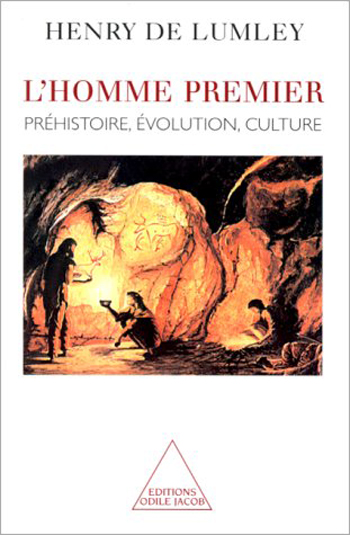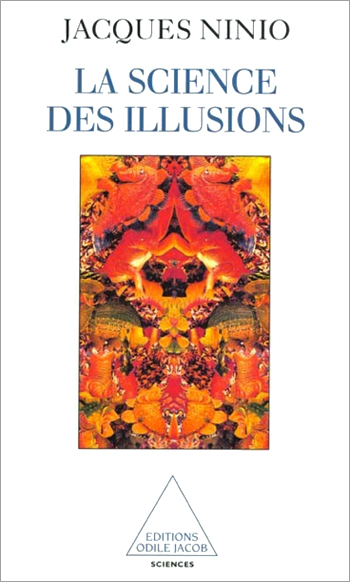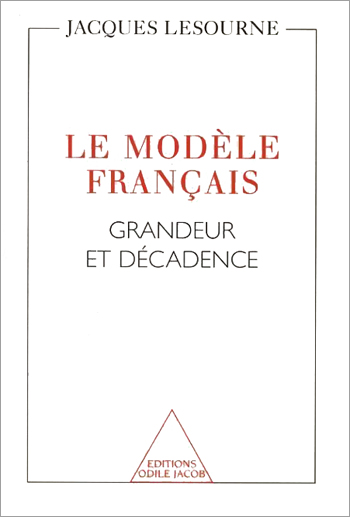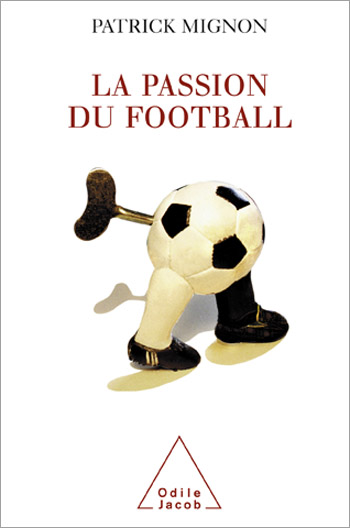Human Sciences All books
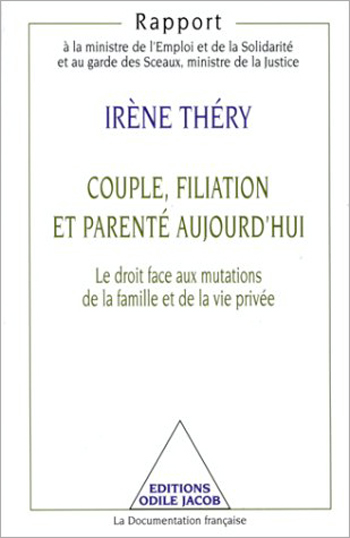
Irène Théry
Modern Relationships and the Family The response of the law to the transformation of the family and the couple
The melting pot where each individual is formed, but also the nucleus of communal life, the family is today a crucial institution of society. However, the current statistics show less, and later marriages, in addition to an increase in divorces and in reconstructed and one parent families, with young people becoming autonomous later as a consequence of these changes. In the face of this, what points of reference should be taken in order to construct the indispensable family policies needed by our country ? With regard to filiation, parental authority, marriage, divorce, cohabitation, and the inheritance and protection of children, how do we adapt the law to these new social realities ? Irène Théry, a sociologist, and author of Démariage, presents in this work an analysis of the state of the family and of private life today, and puts forward the foundations of a new and ambitious step for France.

Éric Dubreuil
Parents of the Same Sex
A growing number of gay men and women have founded families and are discovering the joys of parenting. It is estimated that there are approximately 500,000 families headed by parents of the same sex. They have brought the issue of homosexual parenting into the public arena, shattering traditional notions of the family and raising fundamental questions of filiation, adoption, and medically assisted procreation (artificial insemination, surrogate mothers) which go beyond the sphere of homosexuality and concern the future of our societyand therefore of all of us. Based on 29 interviews, including seven of children and teenagers, the book explores the little-known lives of same-sex-parent families.

